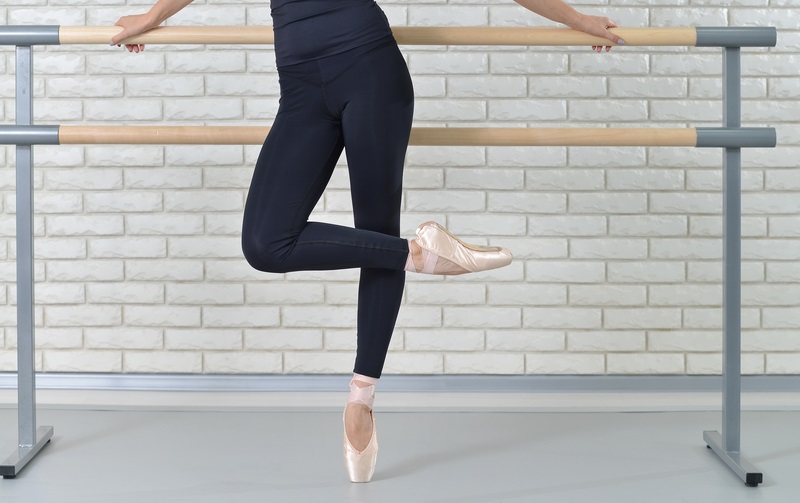Every dance studio needs a floor. And a good one at that! One that is suitable for dance – in its surface, spring, durability. And good floors are an investment (a necessary one, though). So now that you’ve made that important purchase, how can you save money for your studio?
Deduction or depreciation?
Probably the single biggest expense you have, or will make, when opening your dance facility is your flooring system. Some take the tax deduction (expense) in the year purchased. Others depreciate it over a number of years (usually 10 years, the expected life of a flooring system).
Note: With touring floors not affixed to any particular subfloor, it might be beneficial to write off the expense in the year purchased.
Taking a full deduction on a purchase of a permanent floor affixed to a subfloor in year one of your enterprise could be a costly mistake. Let’s say you spend $10,000 on your floor. If you deduct the full amount as an expense in the year of purchase, you can subtract the amount from your gross profit. Typically, in year one of your business, you will have many one-time expenses that will result in a small profit, break even or loss. You will most likely be in a relatively low tax bracket. A $10,000 deduction in a 10 percent tax bracket saves you $1,000. But, if you depreciated your floor over 10 years, as success and income moves you into a higher tax bracket, the blended tax rate could be 20 percent. By taking a $1,000 per year depreciation, the savings could be $2,000 in taxes over the 10-year period. You just saved an extra $1,000 over taking the tax credit in year one.
The point is, talk to your tax consultant/accountant, and do the math as it pertains to your situation before determining how and when to write off major purchases or depreciate the expense. It is not how much money you make; it is how much money you keep that is key to success.
What cannot be depreciated in a dance studio?
- All consumable items or equipment used within a year that need to be replaced.
What can be depreciated?
- Ballet barres, mirrors, cars and trucks, sound systems and musical instruments and large ticket other items.
Your list could include additional items related to your business. Review all your equipment, then proceed in determining either to take the expense or the depreciation.
Cash flow, budgets and planning for the unexpected.
Since major purchases have a life cycle, it is a good idea to set aside funds each year to replace them down the road. Suddenly, after 12 years of use, your floors are beyond their usefulness. If you have a replacement fund, the transition to a new floor is seamless. If not, you are scrambling to the bank, using credit cards, or borrowing from yourself or family.
Cash flow is critical to the success of your business. Nothing is more challenging to a business than having unpaid bills because your expected income is late coming in.
You can offer autopay for tuition and incentivize your customers with a discount. This can help predetermine monthly income. Create a cash flow chart to determine where and when your financial needs are the greatest. Start with basic monthly overhead salaries, marketing and supply expenses. Add in expected increases in income and expenses generated by competitions, recitals, costume purchases and marketing for the new season. Establish a small line of credit with the bank to help out when you need funds.
Note: When a customer pre-pays in September for the entire year, you are holding a customer deposit. It should not be considered income in September. It is not income until services have been rendered. Budget with that possibility in mind.
Running your business is very important regarding staffing, scheduling, determining fees and salaries, organizing activities, and marketing. Managing your business has to do with prioritizing your assets and keeping the engine of your business running.
You need to pay attention to both. This chat is about being aware of your options as a business owner. Plan, organize, education yourself and seek professional advice. Every decision you make has consequences. Consider all possible outcomes before making decisions. It is the best way to get it right the first time.
By Randy Swartz of Stagestep.















